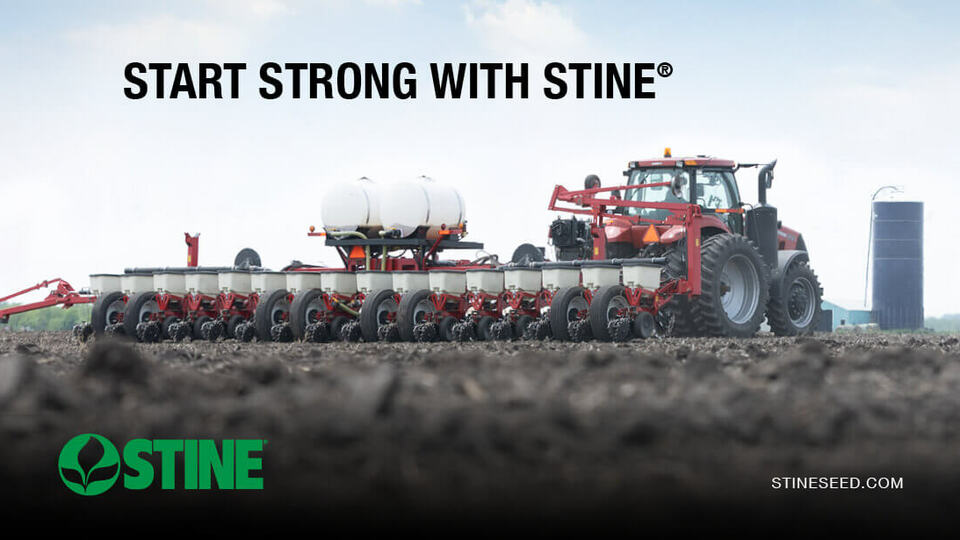Over the coming weeks, we’ll explore lessons learned in 2020 from our agronomy team. Our agronomists will discuss setbacks and successes from their designated regions in addition to products that performed well. First up is Stine® Corn Technical Agronomist Mike Smith.
A Year in Review from the Southern Agronomy Team
By: Mike Smith, Corn Technical Agronomist
This year, like every year, brought unique challenges. As I reflect on 2020 and the challenges that growers faced in my territory, I share a few of my observations. I reside in southwest Missouri, and I work with Stine regional sales agronomists in Missouri, southwest Iowa, central and southern Illinois, the Mississippi Delta region and the upland areas east and west of the Mississippi River. I also cover parts of the high plains from western Nebraska, down through eastern Colorado, Kansas, Oklahoma and parts of Texas. My area covers vast geographical and climatological patterns and agricultural management practices.
Weather is always an issue in areas where I work. This geography contains some of the wettest and driest parts of the agricultural belt. True to form, parts of the Delta, Missouri and Kansas were extremely wet in 2019 and into 2020. Other parts of the high plains were dry entering the planting season, and continuing dry conditions led to drought in the upper high plains by summer. Other areas of my region experienced these challenges to a lesser degree.
These difficult conditions caused a cascade of issues in corn and soybeans. Stand establishment, weed escapes because of poor stands, poor growing conditions in late season and root integrity were just a few issues this area faced. With early hurricanes and late planting, diseases blew in on the tropical storm systems, which further stressed compromised plant structures.
Despite this, several Stine products performed well for growers in these areas. Consistent performers included Stine corn brands 9655-G, 9746-20, 9734-G, 9808E-20 and 9814. Consistent soybean performers included Stine brands 36EA02, 39EA02, 41EA12, 46EB22 and 48EB20. And Stine 50EA22 continues to be the market standard for root-knot nematode soybeans.
Last year was challenging, and 2021 may bring different weather and different management practices, but having consistently proven corn and soybean products from Stine will help growers achieve yield in all types of conditions.
Stay tuned next week for part two in our series on lessons learned from 2020.
Related Articles
-

Stine® to market Enlist E3® Expance™ soybean trait technology
February 2026 in Agronomy
-

Leveraging drone technology for improved research
February 2026 in Agronomy
-

MX Series Corn by Stine®: Proven performance for 2026
January 2026 in Agronomy
-

Start strong with Stine®: Maximizing your 2026 potential
January 2026 in Agronomy



